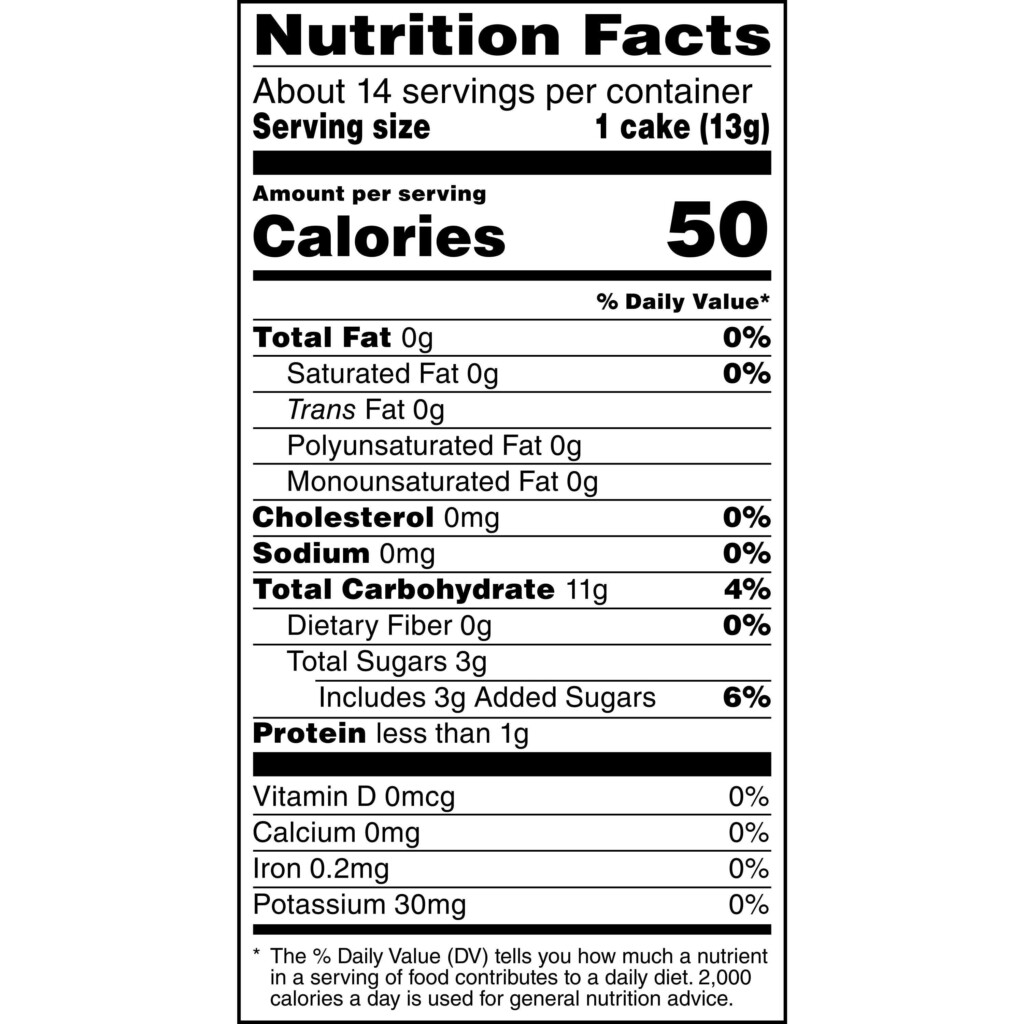White rice is a staple food for many people around the world. It is a good source of carbohydrates and provides energy for the body. One cup of cooked white rice contains approximately 205 calories, 45 grams of carbohydrates, and 4 grams of protein. It is low in fat and cholesterol, making it a healthy option for those looking to maintain a balanced diet.
White rice is also a good source of vitamins and minerals such as iron, thiamine, and niacin. These nutrients are essential for maintaining good health and overall well-being. However, white rice is lower in fiber compared to brown rice, which may be a consideration for those looking to increase their fiber intake.
Rice Nutrition Information
2. Brown Rice Nutrition
Brown rice is a whole grain that has more nutrients and fiber compared to white rice. One cup of cooked brown rice contains approximately 215 calories, 45 grams of carbohydrates, and 5 grams of protein. It is also a good source of fiber, with about 4 grams per cup.
Brown rice is rich in vitamins and minerals such as magnesium, phosphorus, and selenium. These nutrients play a crucial role in maintaining a healthy immune system and promoting overall well-being. Brown rice is also a good source of antioxidants, which help protect the body against free radicals and reduce the risk of chronic diseases.
3. Rice in a Balanced Diet
Rice can be a healthy addition to a balanced diet when consumed in moderation and paired with other nutrient-dense foods. It is important to choose whole grain options such as brown rice over refined white rice to maximize the nutritional benefits. Adding vegetables, lean protein, and healthy fats to a rice-based meal can help create a well-rounded and nutritious dish.
Overall, rice is a versatile and nutritious food that can be enjoyed in a variety of ways. By understanding the nutritional information of different types of rice, individuals can make informed choices to support their health and well-being.
